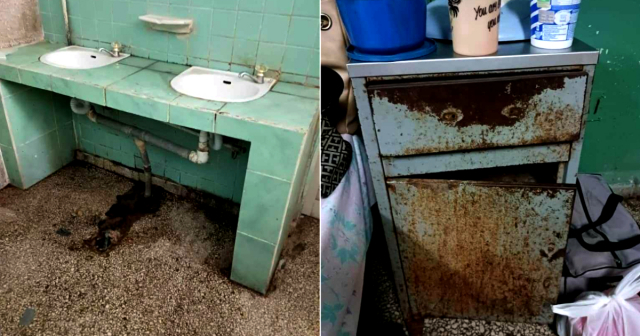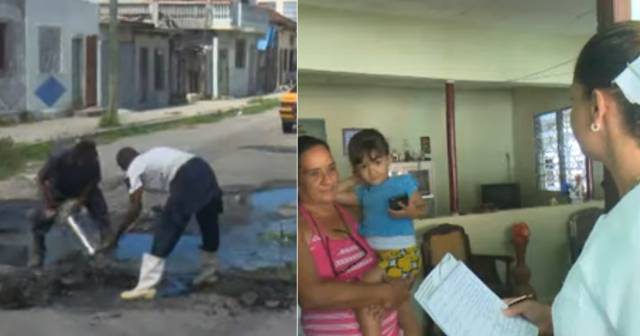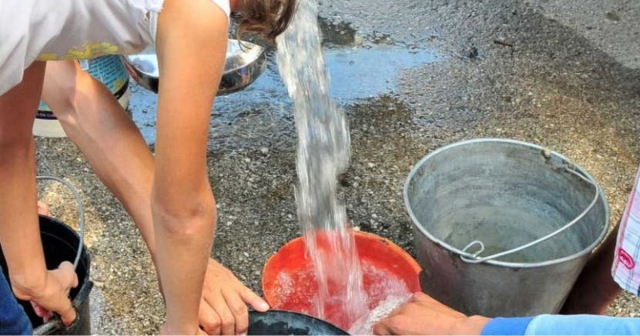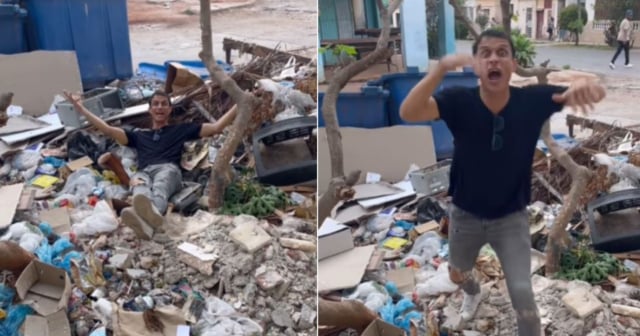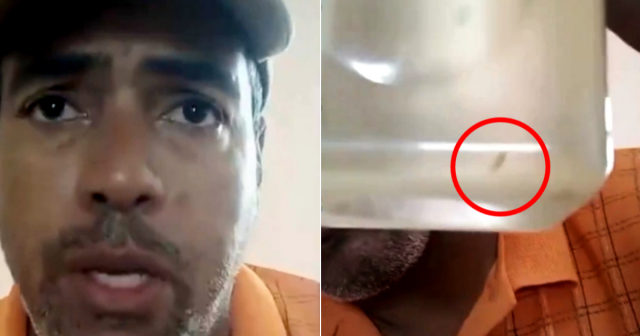Residents in Santiago de Cuba are denouncing an outbreak of diseases about which the authorities are maintaining complete silence.
Independent journalist Yosmany Mayeta Labrada reported on Saturday on Facebook that there is a "major outbreak" of an epidemic with symptoms of fever and vomiting in the Quintero, Santa María, and Boniato neighborhoods, in the main municipality.

The information was confirmed by more than 300 people in the publication.
Right now I know more than 20 people infected, and I also went through it; they are unbearable headaches, fever, back pain, vomiting, diarrhea, eye pain, and when you recover, it leaves you very weak and with mild headaches for a few days," said a freelancer.
"I was seriously ill and almost everyone in my area was the same. There are outbreaks everywhere and they say there is no petrol," said a singer.
"It's true, in almost every house there is a case of this. Some say it's dengue, others say it's a virus. I don't know, I just know that the symptoms are fever, headache, back pain, eye pain, dizziness, vomiting. Anyway, on my fourth day I don't have a fever, but I feel very unwell," a young woman recounted.
Several internet users claim that with the heat, there is more mosquito proliferation, and since the electricity is almost cut off all night, they cannot use fans to scare away the mosquitoes.
Others remembered that there is very little cleanliness, lacking soap, detergent, and disinfectants to ensure proper hygiene.
That opinion was shared by Mayeta Labrada, who asked her readers that if they get sick, they should let her know what the doctor tells them.
Although people have been going to hospital facilities and health areas, doctors have not determined what epidemic it could be. Many liken it to dengue symptoms, something that has not yet been confirmed by the Ministry of Public Health," said in another post.
The reporter shared photos and videos showing the poor hygienic conditions in Santiago de Cuba, where there are serious problems with access to clean water; some people receive brown-colored water, others go with their buckets to collect water from a leak surrounded by waste and debris, and even a river of dirty water flowing through several blocks.
Storing drinking water in low tanks, leaks and stagnant water in peripheral neighborhoods, large garbage dumps, and areas with high bushes and tall grass not attended to by communal services are favorable conditions for the spread of dengue or any epidemic," he recalled on his Facebook.
Put many of these neighborhoods in quarantine and provide food so that they do not have to leave their neighborhoods in search of food or any essential product, so that it does not spread to other areas that are not yet affected," he demanded.
What do you think?
COMMENTFiled under:

